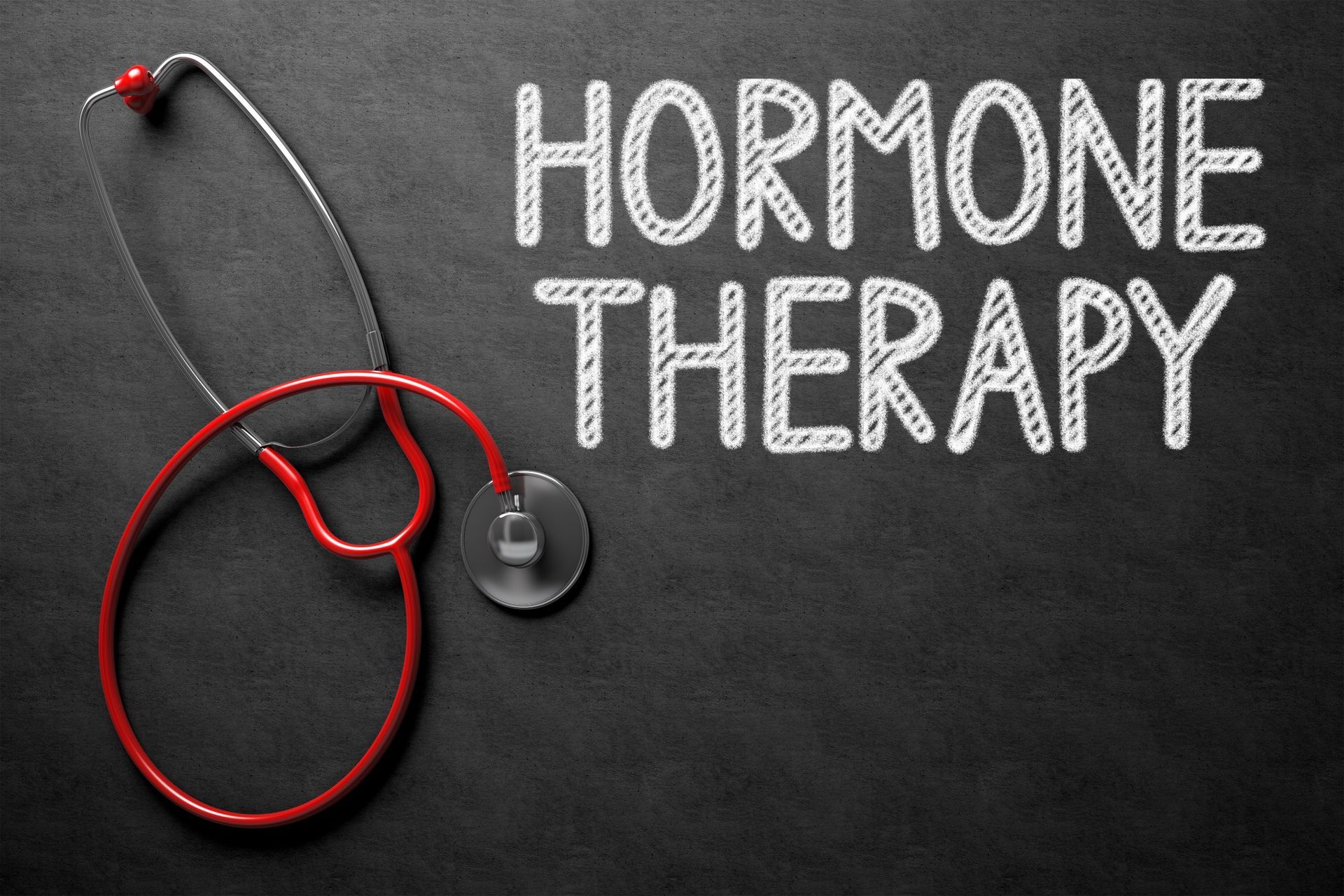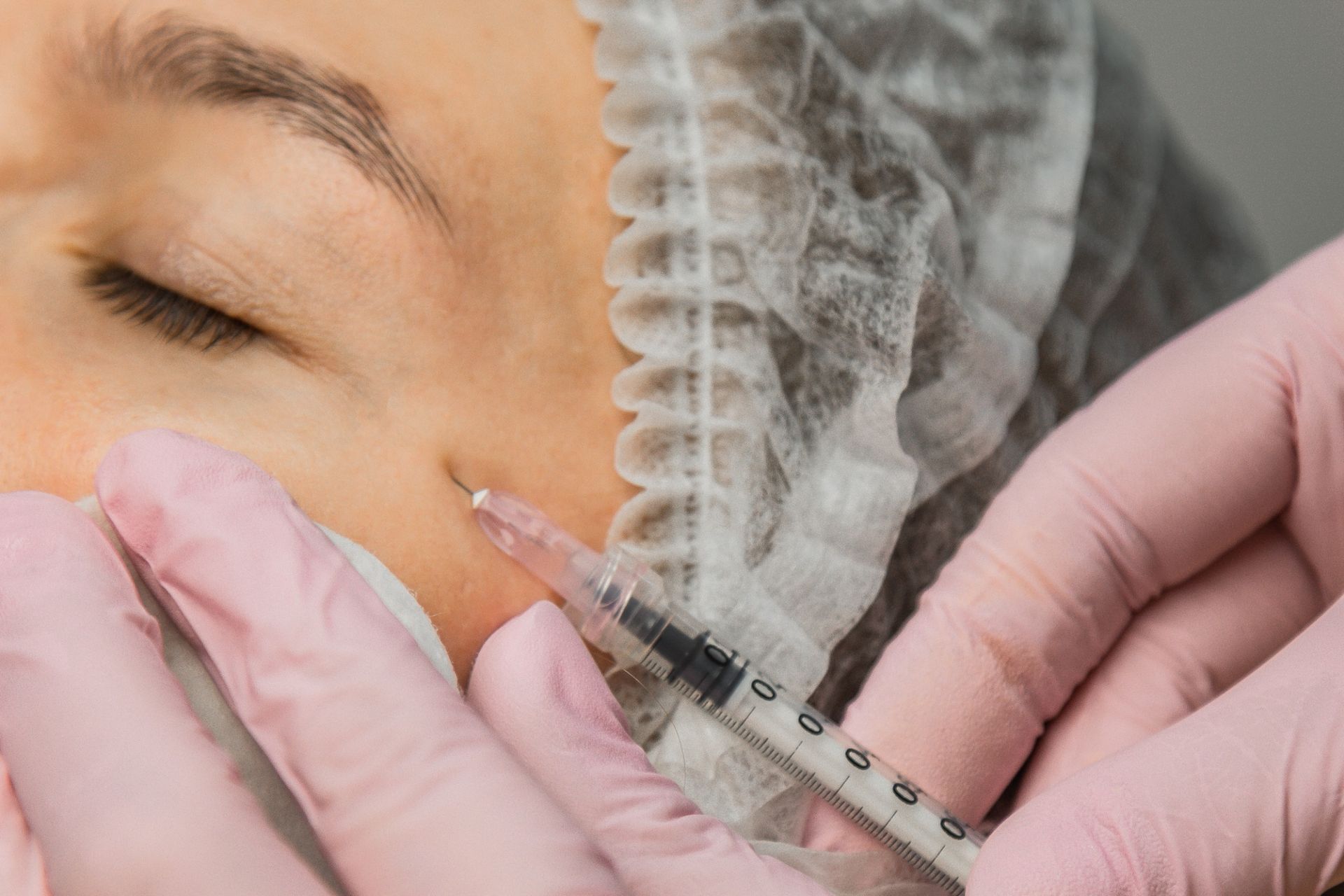The Importance of Regular Well-Woman Exams: What to Expect and Why They Matter
Regular well-woman exams are a crucial aspect of preventative health that often go overlooked. These comprehensive assessments serve as a frontline defense in women's healthcare, establishing a baseline of health and catching potential issues early on. Often underappreciated, these exams play a pivotal role in maintaining not just reproductive health, but overall wellbeing.
As we delve deeper into this topic, we'll explore what you can expect during your visit and why making well-woman exams a routine part of your healthcare regimen is a smart and proactive measure for long-term health.
Why Well-Woman Exams are Important
Well-woman exams are a fundamental component of gynecological care, designed to monitor and protect women's health at various stages of life. From adolescence to post-menopause, these exams are tailored to address the evolving healthcare needs unique to women. They encompass a broad spectrum of health assessments that not only focus on reproductive health but also offer a holistic review of one’s overall wellbeing.
Here are key aspects of gynecological care covered during well-woman exams:
- Breast Examinations: To check for irregularities that could indicate breast conditions, including cancer.
- Pelvic Examinations: To assess the health of reproductive organs and screen for conditions such as fibroids or ovarian cysts.
- Pap Smears: To detect precancerous or cancerous cells in the cervix, helping to prevent cervical cancer.
- STI Screenings: To identify any sexually transmitted infections, which are critical for preventing long-term health issues.
- Contraceptive Counseling: To discuss birth control options and find the method that best suits the individual's lifestyle and health needs.
- Menstrual Concerns: To address any issues related to menstruation, including irregular or painful periods.
- Menopause Management: To provide guidance and treatment options to manage symptoms associated with menopause
Components of a Well-Woman Exam
During a well-woman exam, several key components ensure a comprehensive evaluation of health. Patients can expect the following:
- Medical History Review: A detailed discussion of the patient's personal and familial medical history to identify any risk factors or hereditary conditions.
- Vital Signs Check: Assessment of blood pressure, heart rate, respiration rate, and temperature to ensure all are within a normal range.
- Body Mass Index (BMI) Evaluation: Measurement of body fat based on height and weight that correlates with health risk.
- Lifestyle Assessment: A talk about lifestyle habits such as diet, physical activity, alcohol consumption, and tobacco use that can impact health.
- Mental Health Screening: Questions to identify signs of stress, depression, or anxiety which may affect overall health.
- Preventative Screenings and Immunizations Update: Ensuring that all recommended screenings and vaccinations are up to date based on age and risk factors.
- Health Education and Goal Setting: Providing information on maintaining a healthy lifestyle and setting achievable health goals for the future.
Benefits of Regular Well-Woman Exams
- Early Detection of Health Issues: Regular well-woman exams are instrumental in detecting health concerns before they become more serious, allowing for early intervention.
- Customized Health Strategies: These exams provide an opportunity to develop personalized health strategies that address individual concerns and promote overall wellness.
- Relationship Building with Healthcare Provider: They help to establish a trusting relationship with a healthcare provider, ensuring comfort and openness during discussions about health matters.
- Education on Health Changes: Women are educated about the natural changes their bodies go through over time and how to manage these changes proactively.
- Opportunity for Health Advocacy: Being informed about one's health empowers women to advocate for themselves in all healthcare settings.
- Peace of Mind: Knowing that they are taking proactive steps toward preventive care provides women with peace of mind regarding their health.
Addressing Common Concerns
- Fear of Discomfort: Many women may be apprehensive about the physical aspects of the exam, but communication with your provider can help alleviate discomfort and make the experience as comfortable as possible.
- Worry About Results: It's common to feel anxiety over what the results may reveal, but early detection and treatment often lead to better outcomes.
- Time Constraints: Busy schedules can make it challenging to prioritize well-woman exams, yet setting aside time for health is an invaluable investment.
- Privacy Concerns: Confidentiality is a top priority in healthcare, and discussions and exam results are handled with the utmost discretion and respect.
- Understanding the Need: Some might question the necessity of these exams, especially when feeling healthy, but well-woman exams are crucial for long-term health, not just immediate concerns.
- Insurance and Cost: Concerns about insurance coverage and out-of-pocket costs can be addressed beforehand with your healthcare provider's office to avoid unexpected expenses.
When and How Often to Schedule Well-Woman Exams
- Age-Specific Recommendations: Guidelines generally suggest that women should begin scheduling well-woman exams in their late teens or early twenties.
- Annual Exams: It's commonly recommended to have a well-woman exam annually, but frequency can vary based on individual health needs and history.
- Professional Guidelines: Healthcare professionals advise adjusting the frequency of exams as women age or if they experience health changes, such as pregnancy or the development of chronic conditions.
- Life Event-Driven Exams: Certain life events like childbirth, the onset of sexual activity, or a change in menstrual cycles may necessitate scheduling an additional well-woman exam.
- Post-Menopause Check-Ups: After menopause, continued well-woman exams are important for monitoring health changes and managing post-menopausal health concerns.
- Insurance Coverage: Most insurance plans cover well-woman exams once a year as preventative care, but it's crucial to verify coverage with your insurance provider.
Conclusion
The compelling narrative behind well-woman exams transcends a mere checklist on your annual health calendar. It is an investment in your long-term vitality, with benefits that echo the principles of a wholesome and healthy lifestyle.
As the guardians of tomorrow's health, women should embrace the well-woman exam not as an obligation, but as a powerful tool. So, take charge of your well-being, and schedule that well-woman exam. After all, it's about time you stood at the forefront of your health, shaping it with knowledge and decisiveness.
About Infinity Medical Group
Infinity Medical Group is a leading healthcare provider specializing in women's health, particularly menopause management. We offer comprehensive medical care covering a wide range of services, including Gynecology, Cosmetic Surgery, Obstetrics, Medical Weight Loss, Urogynecology, and Med Spa. Our dedicated team of healthcare professionals focuses on providing personalized treatment plans, considering each woman's unique circumstances and needs.
Our holistic approach extends beyond our clinic's walls, offering resources and online support, ensuring help is always just a click away.
For any queries, advice, or to schedule an appointment with our professionals, please feel free to Contact Us. We are here to support and guide you through your journey, ensuring that you receive the best possible care and services to manage this transition smoothly.
Call us today! 1-877-241-4004
507 S 4th St,
Clinton, Iowa, 52732
United States










